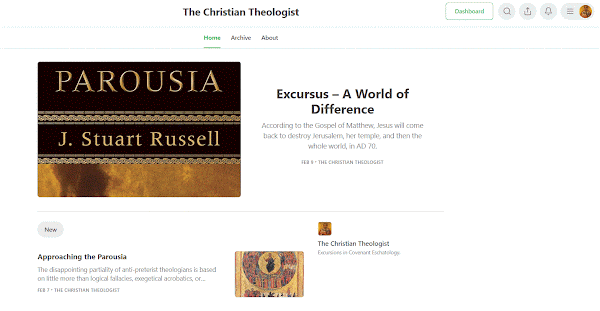On "The Apostle of England"
From its earliest days, the Church has relied on the act of translation to pass on and preserve the Word of God. From the insular Semitic consonants of the Lord’s Apostles, the Gospel of Jesus Christ was reworked into the transnational dialects of the Greek Koine and spread to God’s people beyond Judea. It later moved into the imperial majuscules of the Holy Roman Latin of Western Europe, where it stayed, a prisoner of a calcified ecclesiology, until the Protestant Reformation twelve-hundred years later. In Great Britain, it was the reformer and gifted linguist William Tyndale (c.1492-1536) who, in translating the New Testament directly from Greek to English, liberated it from the Latin fetters of the clerics and made it available to even the ploughboys of England.
That’s the opening paragraph of an essay I wrote for my History of Christianity paper. I put it on a blog page many months ago, but never posted about it. To read it, just click here or on the Pages tab at the top of this blog called The Apostle of England. As with the last essay I posted, although it is a bit academic, there is at least no Greek in it.
Again, any questions or comments, you can put them here, at the bottom of the post itself or just hit me up on Facebook.
God bless.




Comments
Post a Comment